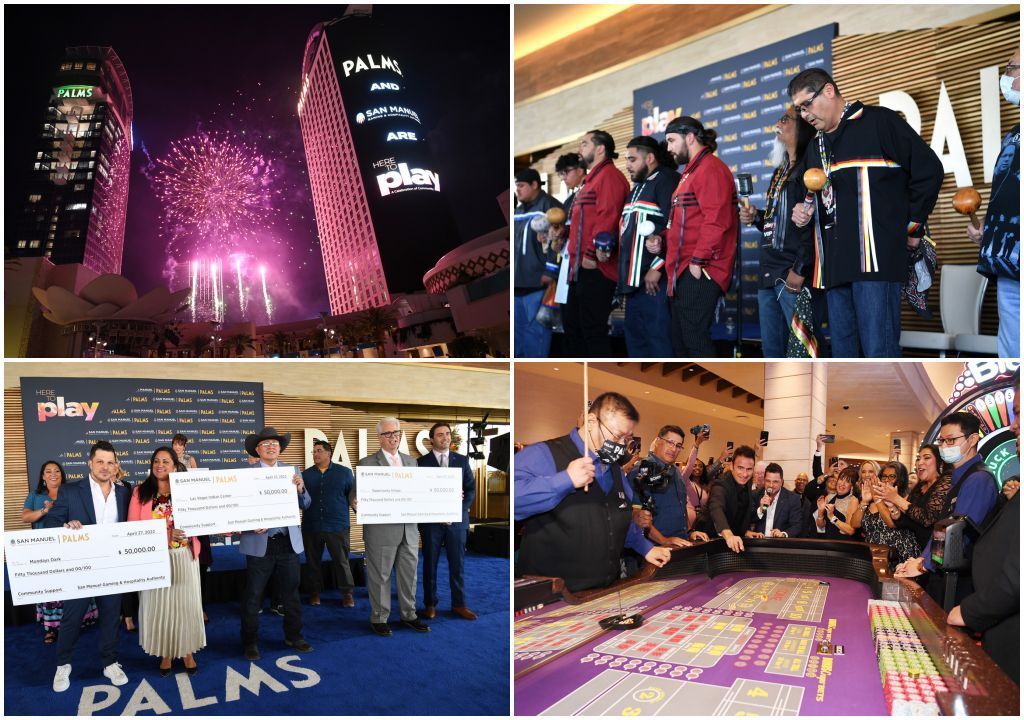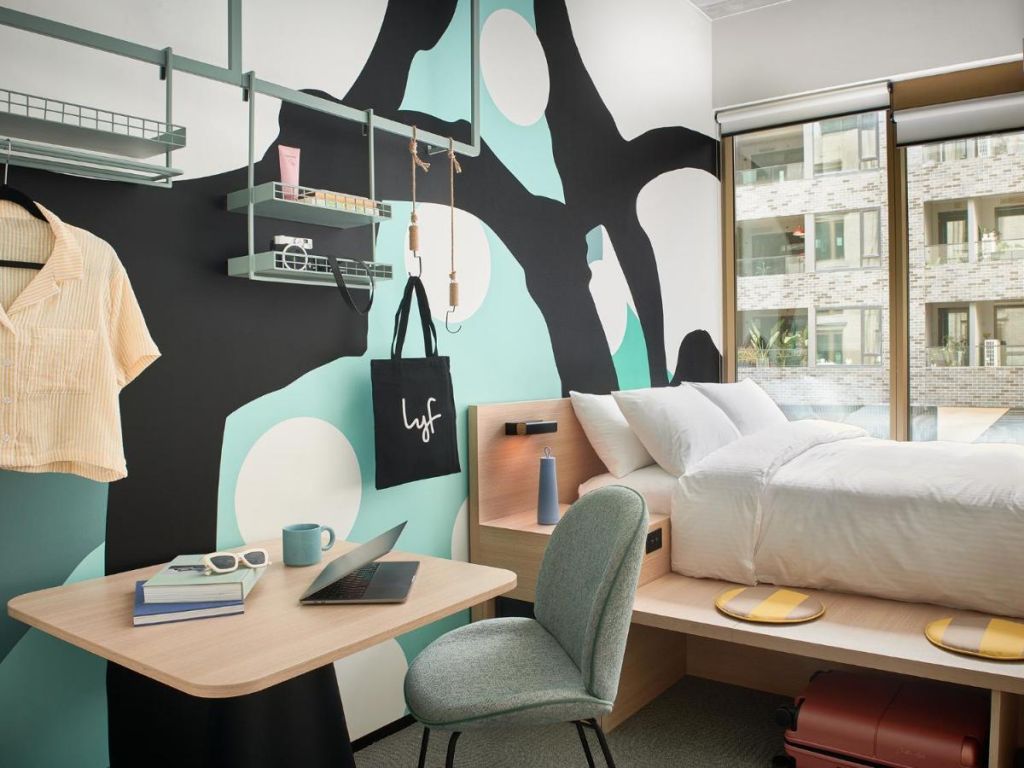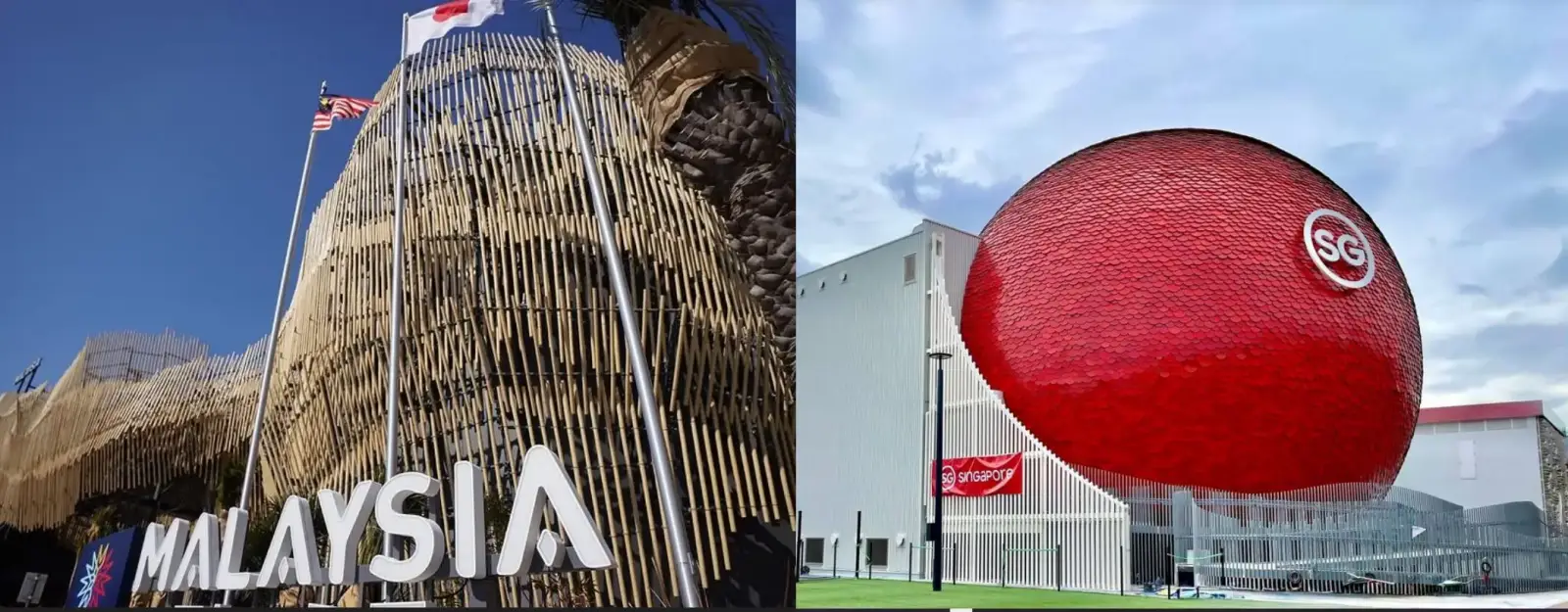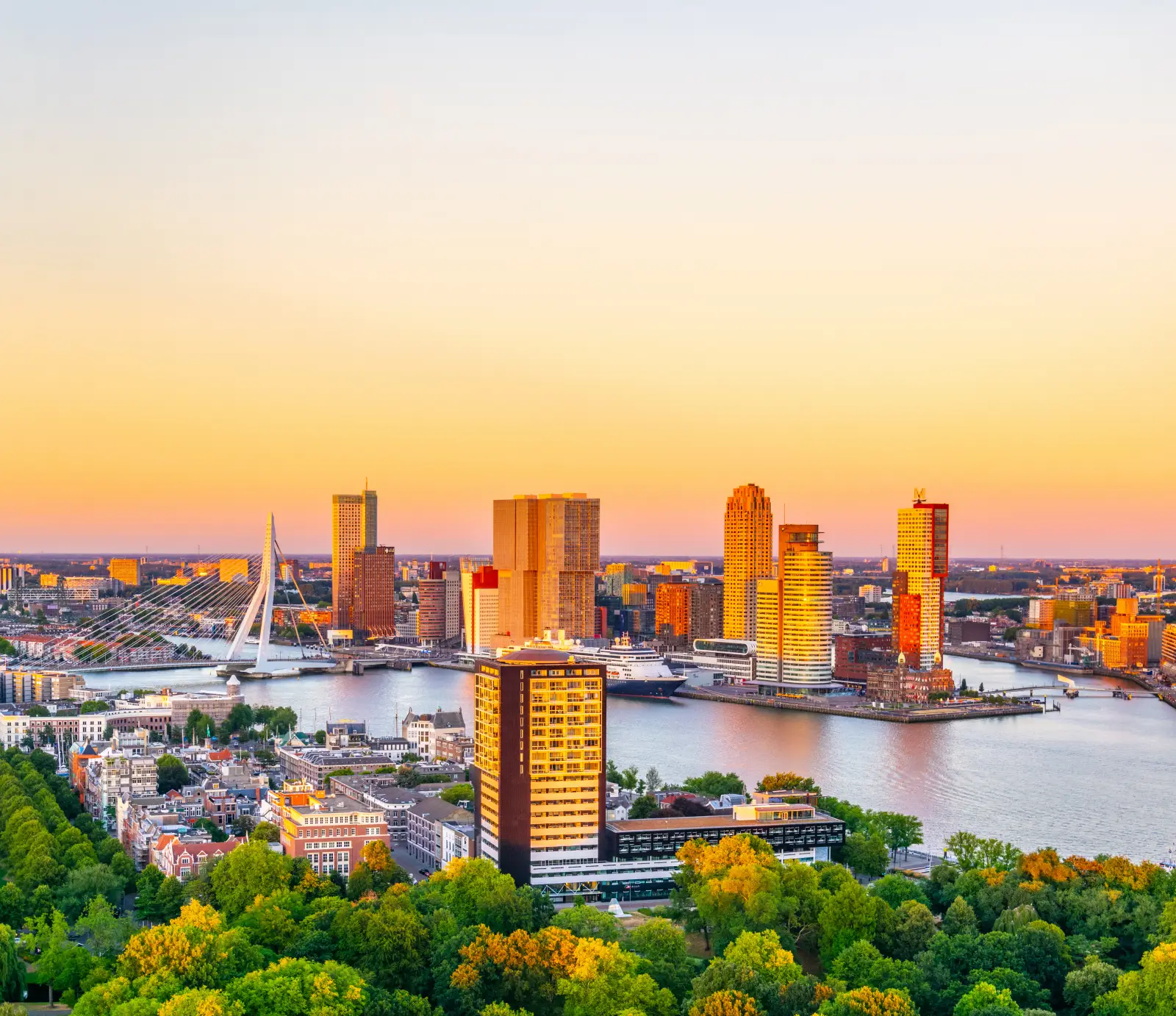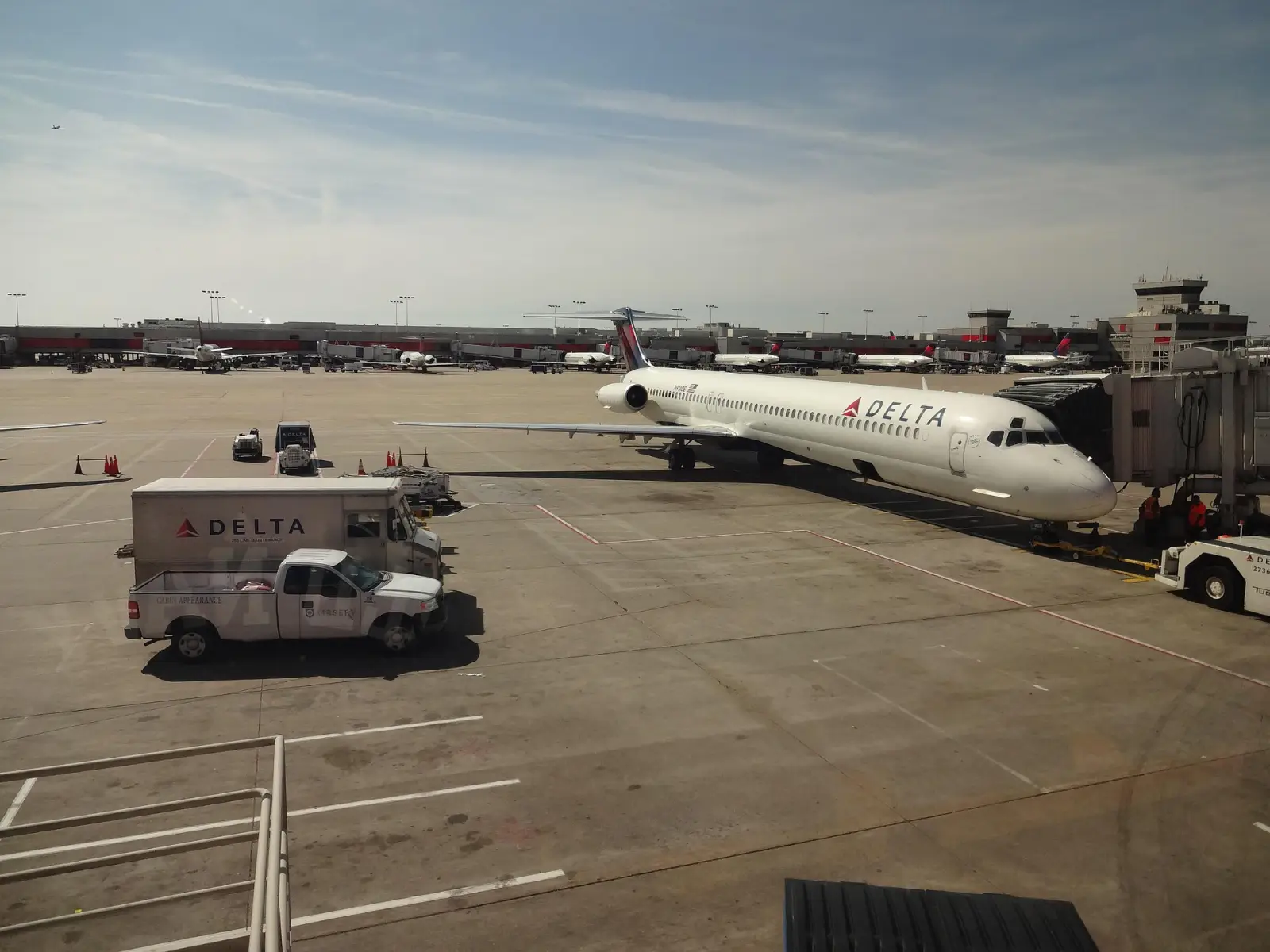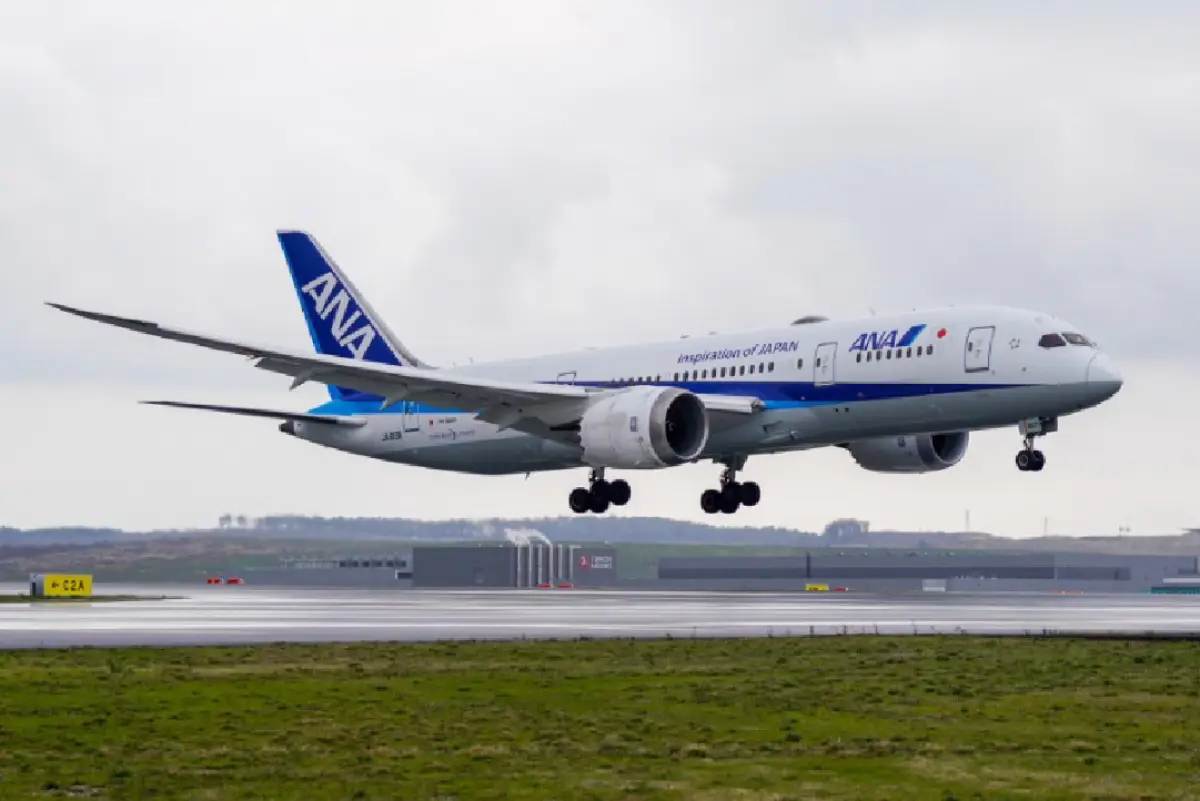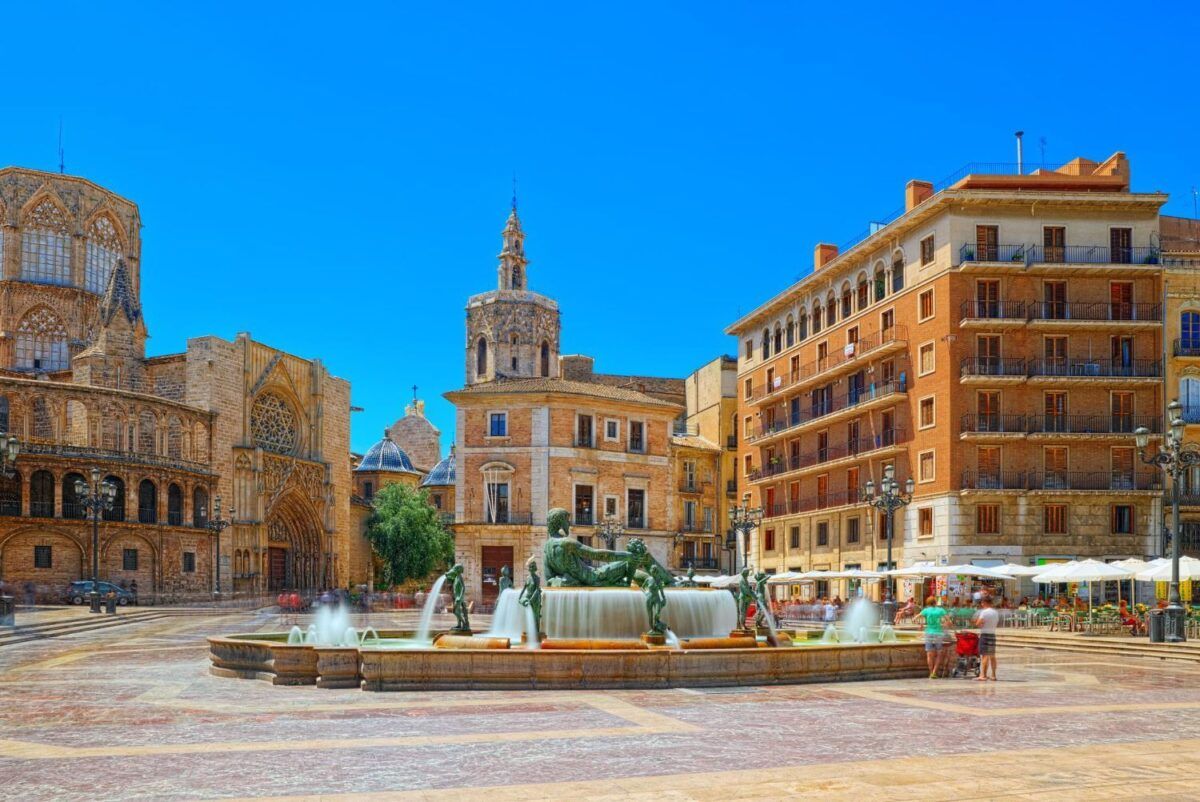The 16th Istanbul Biennial, organised by the Istanbul Foundation for Culture and Arts (İKSV) and sponsored by Koç Holding, with the title The Seventh Continent, opens to the public on Saturday 14 September and can be visited free of charge until 10 November 2019.
The Istanbul Biennial will be presented in three spectacular locations: Mimar Sinan Fine Arts University Istanbul Museum of Painting and Sculpture, the 17,700 sq metres former warehouse on the waterfront in the Tophane district, the Pera Museum in the heart of the city, and Büyükada Island, the largest of the Princes’ Islands in the Sea of Marmara.
Curated by the eminent art historian and curator, Nicolas Bourriaud, more than 220 artworks by 56 artists and art collectives will guide the visitors into the new territory of the seventh continent by documenting the landscape of anthropocene, rediscovering ancient forces or knowledge, proposing alternative versions of history and exploring our contemporary societies. The exhibition will try to understand how the anthropocene has modified our modes of perception and the way artists produce forms and develop meanings.
Bülent Eczacıbaşı, Chairman of the Istanbul Foundation for Culture and Arts (İKSV), said: “The Istanbul Biennial was launched by the Istanbul Foundation for Culture and Arts in 1987. Today, the Istanbul Biennial is one of the world’s most prominent contemporary art events. It brings to our city art movements from the four corners of the world, encourages site-specific production, and creates opportunities for rediscovering Istanbul’s historical buildings. We are proud of the achievements of the Istanbul Biennial and the tremendous interest it has received both in Turkey and abroad. By the end of the biennial on 10 November, we hope that hundreds of thousands of people will have visited the exhibitions, all of which are admission free. We are excited and very pleased that the topics this biennial has brought to the fore will be discussed by so many people. I would like to take this opportunity, therefore, to convey my utmost gratitude to our biennial curator, participating artists and the teams who successfully prepared the exhibitions.”

Ömer M. Koç, Chairman of Koç Holding, said: “It was in 2007 that Koç Holding and the Vehbi Koç Foundation began supporting the Istanbul Biennial, one of the most significant contemporary art events of our country, and indeed, the world. It gives us great pleasure to have committed to maintain our support for this invaluable organization until 2026, the year that marks our Group’s hundredth anniversary. We are extremely proud to be contributing to the development of art in Turkey with our sponsorship, through which it has been possible to make the exhibitions free of charge for all visitors, and consequently for the biennial to open its doors to record numbers of art enthusiasts. We all know too well that for our societies to attain a brighter future, we need – more than ever – creativity, and bold initiatives! The Istanbul Biennial’s theme for this year is the ‘Seventh Continent’, the name given by the scientific community to the massive accumulation of waste floating in our oceans. This mass of plastic in the middle of the Pacific Ocean formed of man-made waste covers an expanse larger than 3 million square kilometers in size. At this time, when the rate at which the earth is able to renew itself is continually slowing down, the burden on nature stands out as one of the most significant issues demanding a global solution. There is probably no better tool than art to describe the threat to our future caused by the great harm humanity has inflicted with its own hand on our world, our only source of life. Artists derive their strength from culture and universal values; and I am confident that they will urge us to question this topic more, and encourage us to take bold steps, with our future in mind. A world that is pure and clean which we all desire will not come into existence of its own accord; therefore, each individual has to identify his or her own share of responsibility to achieve it. In order to bring about this spirit of volunteering, however, it is necessary to first increase awareness of just how critical the situation is. For the sake of everyone involved, it is my foremost wish that the Istanbul Biennial also serves this purpose”.
Bige Örer, Director of the Istanbul Biennial, said: “This has been a huge collaborative effort to create what we believe is a stimulating and exciting Istanbul Biennial, against a backdrop of global debate about the future of our world. I am immensely grateful to my colleague Nicolas Bourriaud for his passion and commitment to the Istanbul Biennial, as curator for the 16th edition. His far-sighted view of the world, joined with our belief in open dialogue between artists, and with the public, I believe makes for an exciting experience for anyone who encounters the Istanbul Biennial. We hope many will come and join us in 2019.”
Nicolas Bourriaud, curator of the 16th Istanbul Biennial said: “The Seventh Continent is the name of the new world we enter into, where rainforests are burning and plastic molecules saturate the oceans. The artists I invited explore this territory where humans and non-humans, machines, waste, animal life and trees are colluding to produce new forms. They work as anthropologists, in a way. Istanbul, where ideas and people have morphed over the centuries, where the environment has become an important issue, was the perfect setting for this opera of the capitalocene.”
The Seventh Continent
Curator Nicolas Bourriaud on the theme of the Seventh Continent and what awaits the visitors at the exhibition:
“The eponymous image that presides over the 16th Istanbul Biennial – The Seventh Continent – arose from a zone situated on the borders between science and political activism. We all know it only too well: a vast island of industrial trash surrounded by fish and other sea creatures fretting among plastic bags and cotton buds. But the 16th Istanbul Biennial is intent on taking this idea of a continent literally, and considering this moving heap as a territory yet unknown, in which humans and non-humans coexist out of necessity. It constitutes the negative side of the ‘new world’ once celebrated by the European settlers: not a continent there to invade and occupy by force, but inversely, a nation that formed behind our backs, almost without our noticing, born of our ways of life and production. The reverse mirror-image of our societies, the seventh continent is the country we don’t want to inhabit, made up of everything we reject.
In order to apprehend the seventh continent, we need the antennas of artists, its translators and anthropologists. I would like each artist to be apprehended by the viewers of this exhibition as if he/she were bringing news from a far away society, however familiar the presented elements might seem.
You, as the visitors, need only immerse yourself within the tribes composed by the artists of this exhibition, within the societies they invite you to explore, within the notions they reflect upon or forge, and you will be the anthropologists of this new world.”
Artists and Venues
Mimar Sinan Fine Arts University Istanbul Museum of Painting and Sculpture
Meclis-i Mebusan Cad. No:2 Beyoğlu/Istanbul
Located on a prime site on the waterfront in the Tophane district of central Istanbul, Antrepo 5 is a former warehouse with a built area of 17.700 square metres. Over the last eight years, the building has been undergoing a transformation into a museum for the painting and sculpture collection of the Mimar Sinan Fine Arts University Istanbul Museum of Painting and Sculpture, which is due to open to the public in 2020.
Exhibiting artists: Deniz Aktaş, Özlem Altın, Jonathas de Andrade, Korakrit Arunanondchai, Ozan Atalan, Radcliffe Bailey, Rebecca Belmore, Dora Budor, Johannes Büttner, En Man Chang, Mariechen Danz, Elmas Deniz, David Douard, Simon Fujiwara, Claudia Martínez Garay, Anna Bella Geiger, Pakui Hardware (Ugnius Gelguda & Neringa Černiauskaitė), Eloise Hawser, Marguerite Humeau, Suzanne Husky, Rashid Johnson, Feral Atlas Collective, Eva Kot’átková, Agnieszka Kurant, Tala Madani, Jared Madere, Turiya Magadlela, Ursula Mayer, Güneş Terkol & Güçlü Öztekin, Mika Rottenberg, Max Hooper Schneider, Ylva Snöfrid, Jennifer Tee, Suzanne Treister, Ambera Wellmann, Haegue Yang, Müge Yılmaz, Phillip Zach.
Pera Museum
Asmalı Mescit Mahallesi, Meşrutiyet Cd. No:65, Beyoğlu/Istanbul
The splendid neo-classical building of the Pera Museum, in the heart of the city, featuring Suna and İnan Kıraç Foundation Orientalist Paintings Collection, Anatolian Weights and Measures Collection, and Kütahya Tiles and Ceramics Collection, will be the second venue for the Biennial. The museum will be transformed into an anthropological museum for parallel worlds, a place for fictional archaeology, where artists will reinvent the past.
Exhibiting artists: Anzo [José Iranzo Almonacid], Pia Arke, Charles Avery, Norman Daly, Ernst Haeckel, Evru/Zush, Sanam Khatibi, Melvin Moti, Glauco Rodrigues, Luigi Serafini, Paul Sietsema, Simon Starling, Piotr Uklański.
Büyükada
Island in the Sea of Marmara
The third significant location will be Büyükada, the largest of the nine so-called Princes’ Islands set in the Sea of Marmara, a short ferry ride from the mainland with a total population of just 7,000 people and featuring the remains of a Byzantine palace and monastery. Büyükada became known as the Prince’s Island as a result of its notoriety, history and beauty as early as the 9th century AD.
The venues on the island include the two-storey games building of the yacht club (Anadolu Club); the former Sophronius Palace (also called Taş Mektep), said to be the summer house of Patriarch Sophronius III of Constantinople and later used as an elementary and secondary school (Taş Mektep) from 1922 to 1979; the late-nineteenth-century private residence Mizzi Mansion, designed by Italian architect Raimondo d’Aronco, chief palace architect to the Ottoman Sultan Abdülhamid II; Hacopulo Mansion (Old Prefecture Building), the old wooden palazzo used as the prefecture building for the island since 1929, and the dock square for a temporary public art commission.
Exhibiting artists: Monster Chetwynd, Glenn Ligon, Armin Linke, Ursula Mayer, Hale Tenger, Andrea Zittel.
Permanent artwork by Monster Chetwynd
The biennial will present the city with a permanent work with the support of the 2007-2026 Biennial Sponsor Koç Holding. The internationally acclaimed British artist, Monster Chetwynd, has been commissioned to create a permanent new sculptural children’s playground as a highlight of the programme of the 16th Istanbul Biennial.
Located in the city’s Maçka Sanat Park, one of Istanbul’s public green spaces, Monster Chetwynd’s Gorgon’s Head Playground is inspired by the heads of Medusa that were discovered in the city’s 6th-century Basilica Cistern. Monster Chetwynd will be in residence in Istanbul working with local craftspeople on the construction of the playground which displays the distinct features of the mythical creature, including slides that form a head of snakes and also pays tribute to the stray cats of Istanbul and the Gardens of Bomarzo in central Italy.
Performances
Monster Chetwynd will have a performance with the students of Mimar Sinan Fine Arts University Dance Department on Friday, September 13 at 16.30 in Maçka Sanat Park, where her permanent artwork is located. Within the scope of the project realised with the support of British Council, Chetwynd will present an impressive performance to everyone who visits the park after a two-day workshop with the students during the preview days of the biennial.
Jared Madere will create an immersive sculptural installation that will host a series of performances structured around a smile competition, each performance involving the participation of a bodybuilder and a small group of children (age 6-7 and above). Turiya Magadlela will perform for 5 days during the opening week. Ylva Snöfrid will continue to live and work in the exhibition space with an uninterrupted performance during the opening week.
Throughout the biennial, every Saturday a puppet master will animate the clashing dialogues of the two main characters in Max Hooper Schneider’s video. Jennifer Tee will read excerpts from the books and poems she has chosen with the poet Jane Lewty. During the performance of the artist Eva Kot’átková, the performers will sew the pieces of fabric together while some will read aloud the short stories from a predetermined text.
Public Programme
For its 16th edition, the Istanbul Biennial will host various talks, film screenings, concerts and performances as part of its free public programme. Among the participants of the public programme which takes the relationship between the fields of art, ecology and anthropology as its focal point are prominent philosophers, scientists and artists who will present different approaches to these fields.
The discussion series entitled “Exploring the Seventh Continent”, held on the opening and closing weeks of the biennial on 14 September and 9 November 2019, aims to initiate dialogue between the anthropological approach and artistic point of view by bringing together philosophers and biennial artists. Among the distinguished participants of the discussion series are; the anthropologist from ICI Berlin Umut Yıldırım; Assoc. Prof. Dr Emanuele Coccia with his research on eco-politics, introducing the vegetal sphere into philosophy; Assoc. Prof. Dr Jennifer Deger who works on the axis of anthropology, art, digital culture and experimental ethnography; the anthropologist-author Jeremy Narby specialising on relation between shamanism and molecular biology; Prof. Dr Elizabeth Povinelli with her critical approach to late liberalism; Assoc. Prof. Dr Tobias Rees, with his research on eco-politics, introducing the vegetal sphere into philosophy; philosopher Patrick Degeorges who works in ENS Lyon; and Prof. Dr Laurent de Sutter who criticises the normative mind through his publications. Every author is paired with an artist from the exhibition including Johannes Büttner, Monster Chetwynd, Mariechen Danz, Elmas Deniz, Eloise Hewser, Agnieszka Kurant, Elizabeth Ursula Mayer and Phillip Zach.
Another programme series is the seventh month-long “Digestion Programme” designed by birbuçuk (Ecology and Art Collective), with the participation of climate change-energy economist and performance artist Ayşe Ceren Sarı, environmental scientist and artist Serkan Kaptan and curator Yasemin Ülgen. In this series of public events, seemingly ordinary objects we are accustomed to as part of our daily lives will be brought up for discussion and examination under the titles Water, Petroleum, Potato, Concrete and Processor.
A series of events during the preview days will bring together biennial artists with experts from various disciplines. Artists Ozan Atalan, Feral Atlas Collective, Armin Linke, Jared Madere, Ursula Mayer, Hale Tenger, and Haegue Yang will share their work practices and inspirations in various talks at the Anadolu Club at Büyükada, İKSV Alt Kat and Kıraathane.
Film Programme
A film programme will be presented by Pera Film as a part of the public programme. The programme “Suddenly A Stranger Appears” will take place between 20 September and 10 October and include works exploring the transformation of the earth, transitions civilisations have experienced through the ages and human beings’ effects on the universe. The programme invites the viewer to see the history of cinema from the Seventh Continent’s vantage point with its selection that includes first examples of the genre, cult movies based on disaster scenarios and documentaries that masterfully reveal reality.
Among the 10 full-length and 8 short films presented are Nanook of the North, regarded as the first full-length anthropological documentary in cinematic history, depicting the lives of the indigenous Inuit people of Canada’s northern Quebec region; The Sounds of Science, a selection of short films by key French filmmaker in surrealist cinema and scientist Jean Painlevé; Sakawa, a documentary film that lays bare the entire Ghanaian scamming industry targeting the online dating sites through the eyes of the perpetrators, and Planet of the Apes which follows a group of astronauts crash-landing on another planet where a completely different species thrives.
Children and Youth Programme
Inspired by the works of 13 artists exhibited at the Pera Museum, the 16th Istanbul Biennial, in collaboration with Pera Museum and with the support of Koç Holding will organise free workshops for different age groups between 17 September and 10 November. The workshops present participants with the opportunity to question, discuss, develop awareness, and create their own works on climate crisis, endangered species, energy sources and the global impact of humanity on the Earth’s ecosystem.
Visitor Information
The biennial is open every day except Mondays, with the exception of 16 September, the Monday of the opening week, between 10.00 and 18.00. Pera Museum is open until 19.00 on weekdays, and 22.00 on Fridays. The museum opens at 12.00 and closes at 18.00 on Sundays.
Visitors will be able to enter the exhibition venues by scanning a printout of their QR code invitations or the digital QR code on their phone screens to the readers at the venue entrances.
Guided Tours
The guided tour programme of the 16th Istanbul Biennial allows visitors to see the exhibitions in the company of specialists, trained by the museologist and lecturer Mine Küçük with the valuable contribution of Koç Holding. Guided tours enable visitors to get a closer look at the artworks, to learn about the exhibition and its conceptual framework, and to inquire further about the works and the artists. The tours conducted by guides majoring in varying fields last for about two hours in the Istanbul Museum of Painting and Sculpture and Büyükada, and one hour in the Pera Museum.
Guided tour tickets can be purchased at the biennial venues, İKSV Box Office (Sadi Konuralp Caddesi No: 5, Şişhane, Beyoğlu) or via Biletix with a service fee (biletix.com).
Biennial publications
The 16th Istanbul Biennial is accompanied by three publications. A guide will accompany the visitors, with photographs of the artworks and texts by Pablo Larios, the European editor of the international contemporary art magazine Frieze. The guide will be available for 20 TL for those who want to obtain it in hard copy and keep it in their library.
A catalogue on the Seventh Continent by the curator Nicolas Bourriaud, which sheds light on the process of intellectual preparation for the exhibition and discusses the relationship between the Anthropocene and contemporary art. The catalogue also includes a series of correspondence with the title “Reply to All”, in which the artists answer the questions by Bourriaud and explain their works in a collective e-mail group. The price of the catalogue is 45 TL.
The 16th Istanbul Biennial exhibition guide and catalogue are realised with the contribution of Vehbi Koç Foundation.
The design of the publications, which will also be sold in the biennial venues, belong to ONAGÖRE, which consists of Ali Taptık and Okay Karadayılar.
A children’s book is also published within the scope of the 16th Istanbul Biennial with the support of Bernard Leer Foundation. Written by Yekta Kopan and edited by Burcu Ural Kopan with drawings by Gökçe Akgül under the academic consultancy of Boğaziçi University Psychology Department Faculty Member Prof. Dr. Feyza Çorapçı, Optigull and Pessigull: A World for All of Us was prepared to get young audiences acquainted with contemporary art in enjoyable ways with striking drawings, your-turn sections and rich content. The book will be published in Turkish, English and Arabic and will be distributed free of charge in selected bookstores as well as in the biennial venues.
Podcast series
The 16th Istanbul Biennial has also prepared a podcast series that covers this year’s title The Seventh Continent from different angles. The series includes interviews with artists, biennial team, academicians and guests from various disciplines on the subjects of Anthropocene and ecology.
In addition to the public programme and exhibitions of the biennial, the series aims to sparkle new debates in a different medium about the concepts of the Seventh Continent and Anthropocene with different perspectives.
To listen to The Seventh Continent podcast series prepared and presented by the researcher and author Nora Tataryan on Spotify:
https://open.spotify.com/show/30rVieQwPIdh3FUrgKGi6P?si=rHzjHs1hQcCwQ_BNy8pb1g



